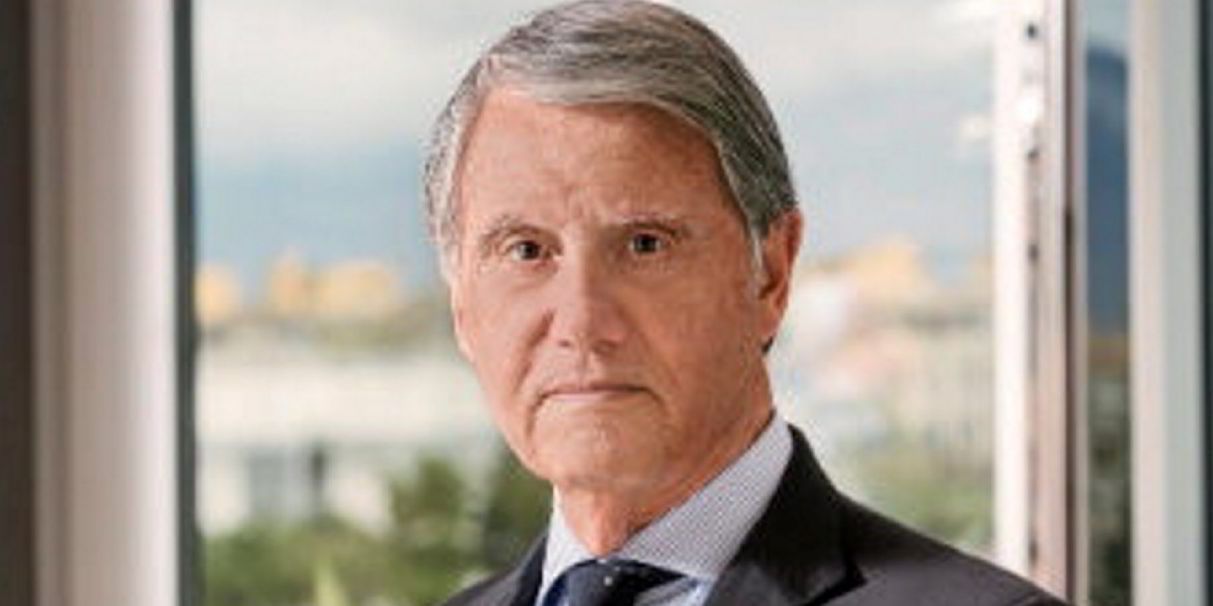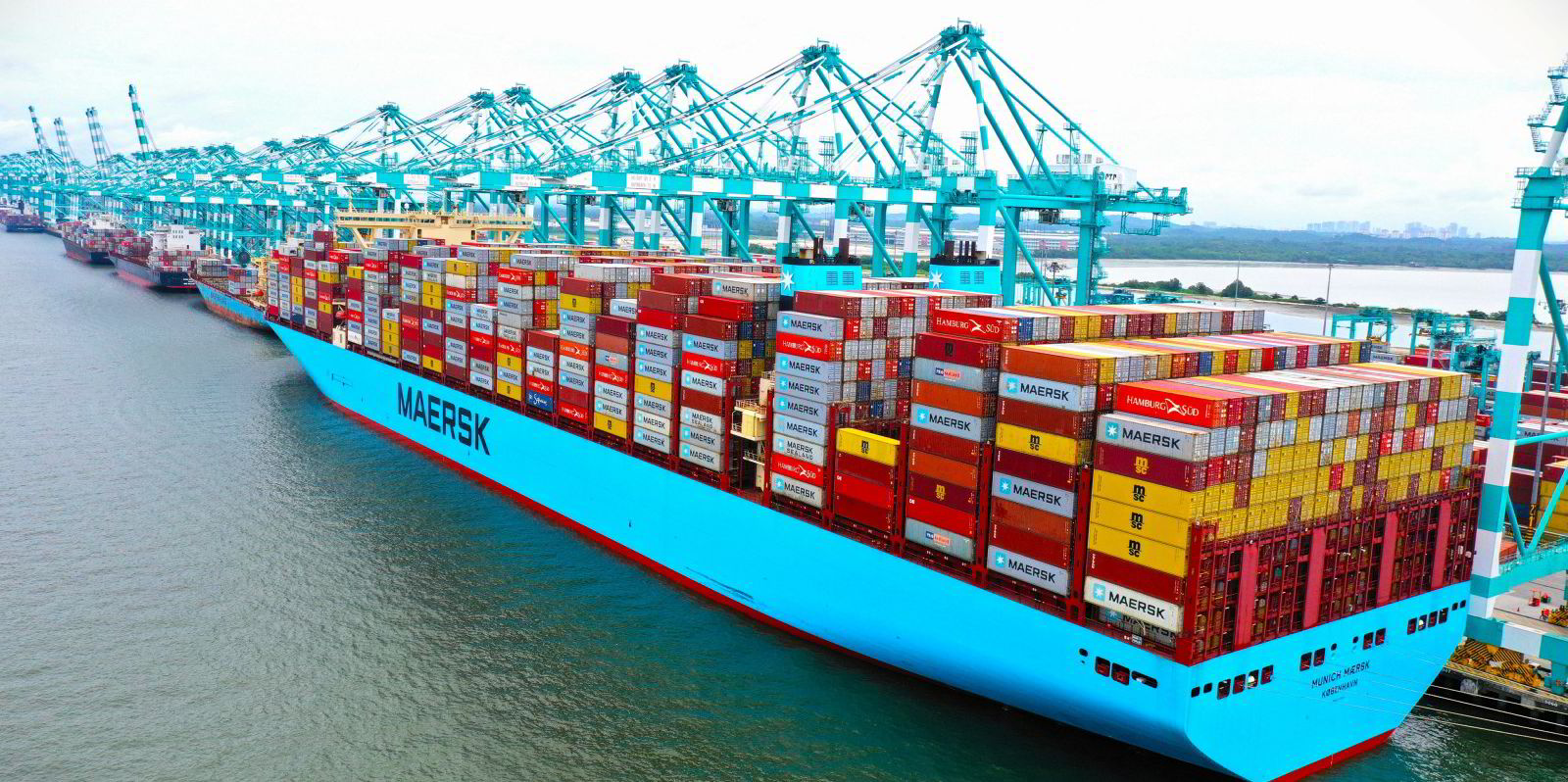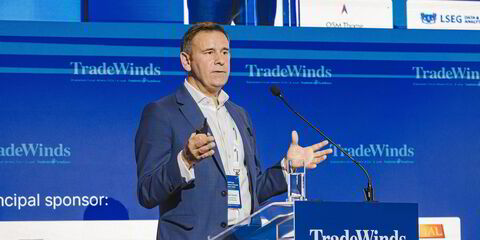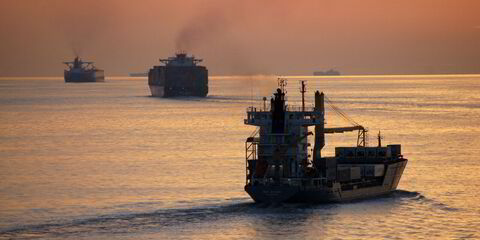Are Gianluigi Aponte and his Italian wife behind liner giant Mediterranean Shipping Co (MSC) really sitting on a family fortune of $100bn? This is the figure put on their wealth by Swiss newspapers in recent days, which suggests the box boom has worked well for them.
But it is notoriously difficult to accurately assess personal wealth — not least because much of it may be held in assets no one knows about or in stock-market holdings that are constantly fluctuating in value. And anyway, the latest estimate from US wire agency Bloomberg’s Billionaires Index claims the figure for the Aponte clan is closer to $16.2bn.
That figure compares with Bloomberg estimates for Rodolphe Saade and the French family behind a rival liner group, CMA CGM ($11.6bn), Israeli shipowner Eyal Ofer of Zodiac fame ($16.3bn) and Hong Kong’s most celebrated maritime entrepreneur, Li Ka-shing ($26.7bn).
And to put those figures into perspective, US investment guru Warren Buffett is on $97.1bn and Elon Musk — the world’s richest man — is on $208bn, if one believes the US-based financial media agency that is owned by another wealthy man, Michael Bloomberg.
Forbes business magazine says Bloomberg himself is worth $77bn.
Whether Aponte is worth $16bn or $100bn, his income has clearly been growing over the past couple of years when the deepsea movement of containers during and after Covid lockdowns became one of the most lucrative global businesses to be engaged in.
Huge port congestion and a shortage of tonnage created a monumental boom that brought record earnings to MSC, CMA CGM and others. AP Moller-Maersk gave a Christmas bonus of $1,000 each to its 80,000 staff in 2021 and predicted in August this year that it would report underlying Ebitda profits of $37bn for 2022.
But the amount of port congestion has now halved and the supply/demand equation rebalanced as global trade levels are slowing.
There are now growing warnings of a global recession as China’s economic growth continues to stall, while energy prices and inflation soar, causing interest rates to rise.
And to add to the pre-Halloween spooks, the latest figures compiled by maritime data provider Alphaliner show record levels of more than 7m teu in container vessel orders. This is higher than during the great shipping boom that preceded the 2008 financial crash.
MSC, whose chief executive is ex-Maersk man Soren Toft and a company that is notoriously reticent about discussing its orderbook, is claimed by shipbuilding sources to have ordered as many as 42 new dual-fuelled LNG ships this year alone, worth upwards of $6bn.
Big money
So, the really big money-making party may be drawing to a close. The Freightos Baltic Index estimates that freight rates have almost halved in the past six weeks, with eastbound transpacific rates down to $2,750 per day per 40-foot equivalent unit (feu) last week, from highs of $18,000 per feu this time last year.
One executive told TradeWinds liner expert Ian Lewis that the situation was a “classic boom and bust cycle”, with some liner operators beginning to report their first drop in earnings for two-and-a-half years.
Analysts at a Japanese investment bank are now warning that leading liner operator HMM in South Korea, which reported record first-half profits in August, could be losing money by 2024.
Last month, investment bank HSBC warned that there could be an 80% slump in container line profits as early as next year. They predict there could be a 2% reduction in container ship demand in 2023 and a 3% fall in 2024. Meanwhile, vessel capacity is set to grow 6.2% in 2022, 6.5% in 2023 and 8% in 2024, according to HSBC Global Research head of shipping Parash Jain.
Of course, a softening market brings lower vessel values and opportunities as well as problems. Greek container ship operator owner Danaos Corp told the Marine Money conference in Athens last week that it would shortly be carrying close to zero debt and yet have a strong balance sheet, leaving it ready to pounce on good value purchases when they arose.
This is a company that itself stood on the brink of bankruptcy in 2018 and, yet, after financial restructuring, was pulling in net income of more than $1bn during 2022.
Liner executives will strap in for more difficult times ahead, but Aponte will not need to sell his precious super-yacht — Amo — quite yet.





